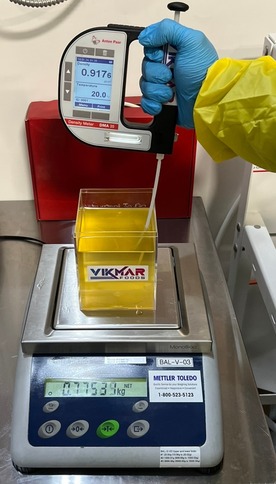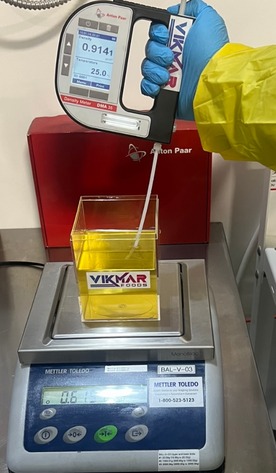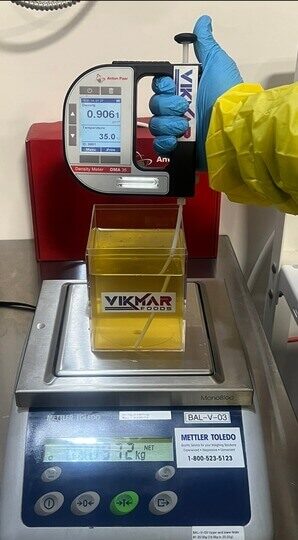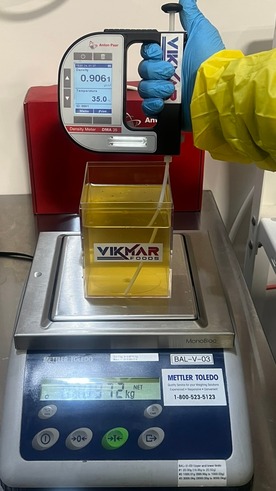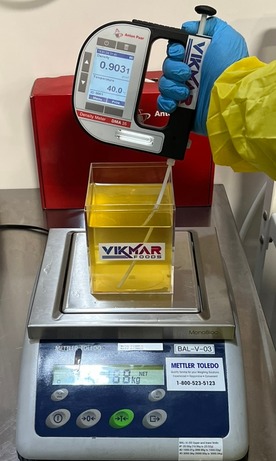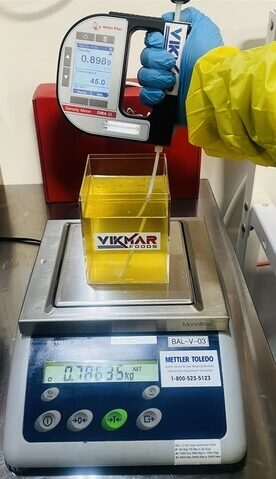Mississauga, ON – March 31, 2024 — Vikmar Food sets its sights on the challenges and opportunities that lie ahead in 2024, meticulous planning and strategic forecasting emerge as crucial components of its operational blueprint. Among the myriad factors shaping its trajectory, the company’s projections for the third quarter of 2024 stand out prominently, particularly in relation to its inventory levels for two key products: Soybean and Canola Oil.
Anticipating a decrease in inventory during this period, Vikmar Foods navigates the complexities of market dynamics, consumer preferences, and supply chain intricacies with a keen eye on sustaining operational excellence and meeting customer demands. In this article, we delve into the factors driving Vikmar Foods’ forecast for a third-quarter inventory decrease for Soybean and Canola Oil in 2024.
Understanding Market Dynamics:
At the heart of Vikmar Foods’ forecast lies a deep understanding of market dynamics and industry trends. The company’s analysts meticulously analyze a plethora of factors, ranging from global agricultural trends to shifting consumer preferences and geopolitical developments. For Soybean and Canola Oil, two essential commodities in the food industry, Vikmar Foods closely monitors supply and demand dynamics, crop forecasts, and trade policies to anticipate fluctuations in inventory levels.
Soybean and Canola Oil are versatile ingredients widely used in cooking, food processing, and industrial applications. As such, their demand is influenced by a myriad of factors, including dietary trends, health considerations, and economic conditions. Vikmar Foods’ forecast for a third-quarter inventory decrease reflects its nuanced understanding of these multifaceted dynamics and its ability to adapt its inventory planning strategies accordingly.
Forecasting Seasonal Variations:
Seasonal variations play a significant role in shaping the demand for Soybean and Canola Oil. From summer barbecues to holiday baking, consumer preferences evolve throughout the year, driving fluctuations in demand for cooking oils. Vikmar Foods leverages historical sales data, consumer behavior insights, and market research to forecast seasonal variations in demand accurately.
In the third quarter of 2024, Vikmar Foods anticipates a decrease in inventory for Soybean and Canola Oil, reflecting a combination of seasonal factors and market trends. As consumers transition from summer grilling to fall cooking, the demand for these cooking oils may experience a temporary decline. By incorporating these seasonal variations into its forecast, Vikmar Foods ensures that its inventory levels remain aligned with anticipated demand patterns.
Navigating Supply Chain Dynamics:
The intricate web of supply chain dynamics adds another layer of complexity to Vikmar Foods’ inventory forecasting process. From sourcing raw materials to distribution and logistics, every link in the supply chain plays a crucial role in determining inventory levels. Vikmar Foods maintains strategic partnerships with suppliers and distributors, ensuring a seamless flow of Soybean and Canola Oil from farm to fork.
However, supply chain disruptions, such as transportation bottlenecks or geopolitical tensions, can impact inventory availability and distribution. In the third quarter of 2024, Vikmar Foods anticipates potential challenges in the supply chain, contributing to its forecast for a decrease in inventory for Soybean and Canola Oil. By proactively addressing these supply chain risks and diversifying its sourcing strategies, Vikmar Foods mitigates the impact of disruptions on its inventory levels.
Adapting to Consumer Preferences:
Consumer preferences are constantly evolving, driven by factors such as health trends, culinary innovations, and cultural influences. Vikmar Foods closely monitors these shifting preferences to anticipate changes in demand for Soybean and Canola Oil. In recent years, there has been a growing emphasis on health and wellness, leading to increased demand for healthier cooking oils like Canola Oil.
Additionally, changing dietary preferences, such as the rise of plant-based diets, may influence the demand for Soybean and Canola Oil alternatives. Vikmar Foods adjusts its inventory forecasts to reflect these evolving consumer preferences, ensuring that it can meet the demand for healthier, more sustainable cooking oils in the third quarter of 2024.
Conclusion:
In conclusion, Vikmar Foods’ forecast for a third-quarter inventory decrease for Soybean and Canola Oil in 2024 is driven by a combination of factors, including market dynamics, seasonal variations, supply chain dynamics, and consumer preferences. By leveraging data-driven insights, market intelligence, and operational agility, Vikmar Foods navigates the complexities of the food industry landscape with precision and foresight.
As the company continues to adapt to evolving market conditions and consumer demands, its strategic inventory planning remains a cornerstone of its success. By anticipating changes in demand, mitigating supply chain risks, and aligning its inventory levels with market trends, Vikmar Foods positions itself for sustained growth and resilience in the competitive food industry landscape of 2024 and beyond.



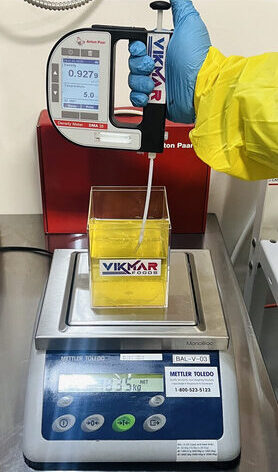 5 Degrees Celsius
5 Degrees Celsius
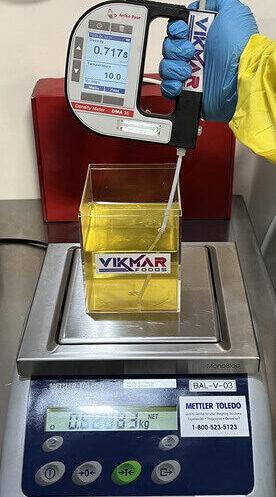 10 Degrees Celsius
10 Degrees Celsius

